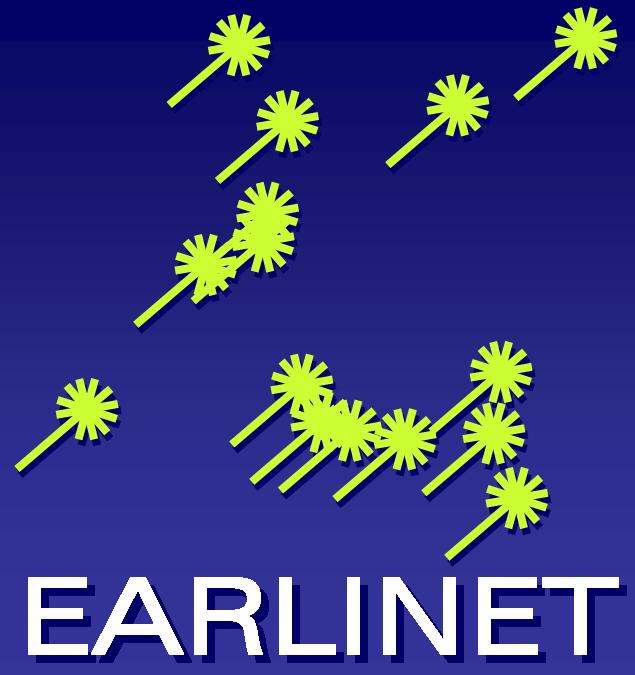Mercurial > public > atmospheric_lidar / file revision
pearl.py@73337ce10473
pearl.py
Sun, 23 Nov 2014 23:25:09 +0200
- author
- Iannis <ulalume3@yahoo.com>
- date
- Sun, 23 Nov 2014 23:25:09 +0200
- changeset 28
- 73337ce10473
- parent 27
- 74f7617f5356
- permissions
- -rw-r--r--
Merge from 27:6f6f2c512a1f
import datetime import os import glob import numpy as np from generic import BaseLidarMeasurement, LidarChannel from ciao import CiaoMixin import pearl_netcdf_parameters from report_file import Report_file repository = '/mnt/storage/lidar_data/pearl/' class PearlLidarMeasurement(CiaoMixin, BaseLidarMeasurement): extra_netcdf_parameters = pearl_netcdf_parameters def import_file(self,filename): ''' Import a pearl file. ''' if filename in self.files: print "File has been imported already:" + filename else: parameters, channels_dict = self.read_pearl_data(filename) start_time = self._gettime(parameters['Acq_date'],parameters['Acq_start_time']) for channel_info in channels_dict.itervalues(): if channel_info['name'] == '1064ALR': name = '1064' tm = start_time elif channel_info['name'] == '1064BLR': name = '1064' tm = start_time + datetime.timedelta(seconds = 30) else: name = channel_info['name'] tm = start_time if name not in self.channels: self.channels[name] = LidarChannel(channel_info) self.channels[name].data[tm] = channel_info['data'] self.files.append(filename) def read_pearl_data(self, filename): ''' Reads a pearl file. Returns: parameters - a dictionary of general parameters channels - a dictionary with keys the channel number and values lists [channel name, channel bin width, channel data]. ''' f = open(filename,'r') # Open the file s = f.read(26) # Read the first 26 bytes #Get the values in a dictionary parameters = {} parameters['Acq_date'] = s[0:10] # First 10 bytes are the acquisition date. parameters['Acq_start_time'] = s[10:20].strip() # Next 10 bytes are start time. Strip from trailing spaces. parameters['Channel_no'] = np.fromstring(s[20:22], dtype = np.int16) # Next 2 bytes are the number of channels. Short integer. parameters['Point_no'] = np.fromstring(s[22:26], dtype = np.int32) # Next 4 bytes are the number of points. Integer. p = parameters # Just for less typing # Read the channel parameters len = 20*p['Channel_no'] s = f.read(len) channels = {} for (c1,n) in zip(range(0,len, 20),range(p['Channel_no'])): channels[str(n)] = {'name' : s[c1+10:c1+20].strip(), 'binwidth' : s[c1:c1+10].strip()} #Read the data data = np.fromfile(f,dtype = np.float32) #print filename + ': ' + str(data.size) +',' + str(p['Point_no']) +str(p['Channel_no']) data = data.reshape(p['Point_no'],p['Channel_no']) for ch in channels.iterkeys(): channels[ch]['data'] = data[:,int(ch)] #Close the file f.close() return parameters,channels def get_measurement_for_interval(start_time, stop_time): ''' Searches for a pearl measurement based on a time interval ''' correct_series = None day = datetime.timedelta(hours = 24) if start_time > stop_time: raise ValueError('Stop time should be after start time') #The list of directories based on the given time. Same, previous, Next day possible_paths = [get_path(t) for t in [start_time - day, start_time, start_time + day] if get_path(t) is not None] for path in possible_paths: try: rf = Report_file(path) except: rf = None if rf is not None: for serie in rf.series: if (start_time > serie.starttime) and (stop_time < serie.endtime): correct_series = serie if correct_series: files = correct_series.files.get('apd', []) + correct_series.files.get('mcb', []) m_series = PearlLidarMeasurement(files) m_subset = m_series.subset_by_time(start_time, stop_time) return m_subset else: return None def get_channel(tim, channel = '1064'): if channel =='1064': extension = '*.apd' else: extension = '*.mcb' dirstr = get_path(tim) if not os.path.isdir(dirstr): raise IOError('No measurement for that date (directory does not exist.).') #No measurement for that date (directory does not exist.). files = glob.glob(dirstr + extension) m = PearlLidarMeasurement(files) c = m.channels[channel] return c def get_path(tim): dirstr = repository + tim.strftime('%Y')+ '/' +tim.strftime('%d%m%Y') + '/' return dirstr

